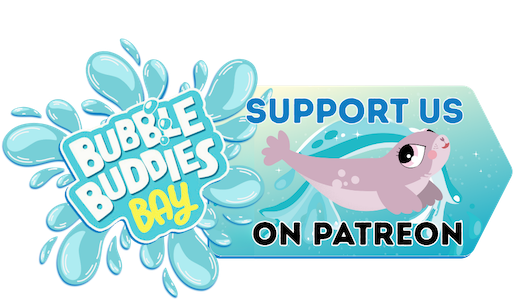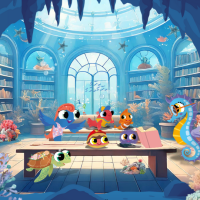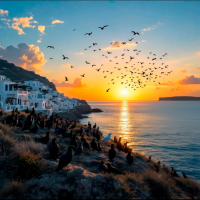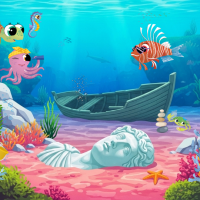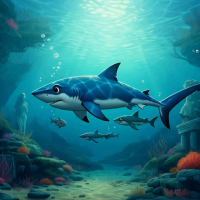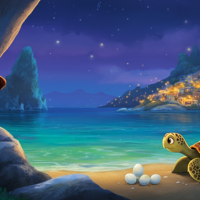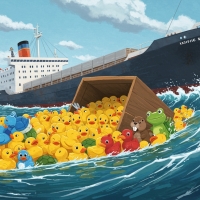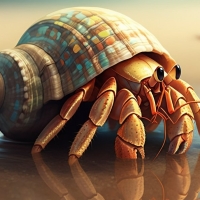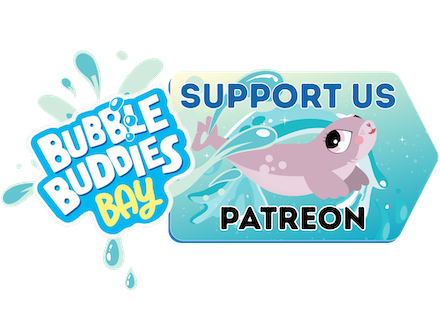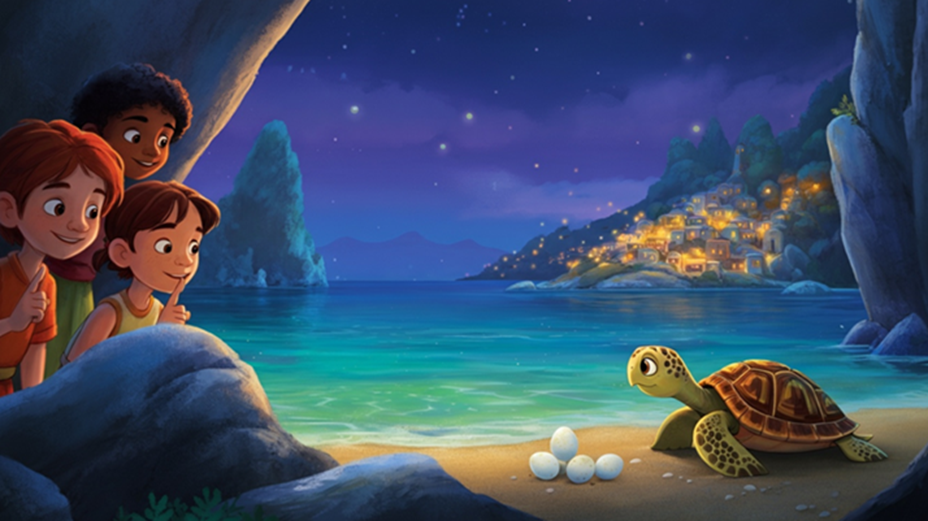
The Golden Rule of Wildlife Watching: Respect!
Hi again, it’s me, your friend, Sophia. I know I’m always bubbling on about our ocean friends, and you’re hoping to see them up close one day. That’s awesome! But there’s something super important we need to talk about: respect and empathy.
![]()
What Do Respect and Empathy Mean?
Respect means treating others the way you want to be treated, with kindness and care.
Empathy means imagining how someone else feels.
Think of a sea turtle trying to lay her eggs on a noisy beach; scary, right? If we can understand how animals might feel, we’ll know how to behave around them.
![]()
The Explorer Code
Look, Don’t Touch
If you’re lucky enough to spot a dolphin, seal, or turtle, remember: you're visiting their home. Getting close, making loud noises, or trying to feed them might scare them or stop them from doing important things like eating or resting.
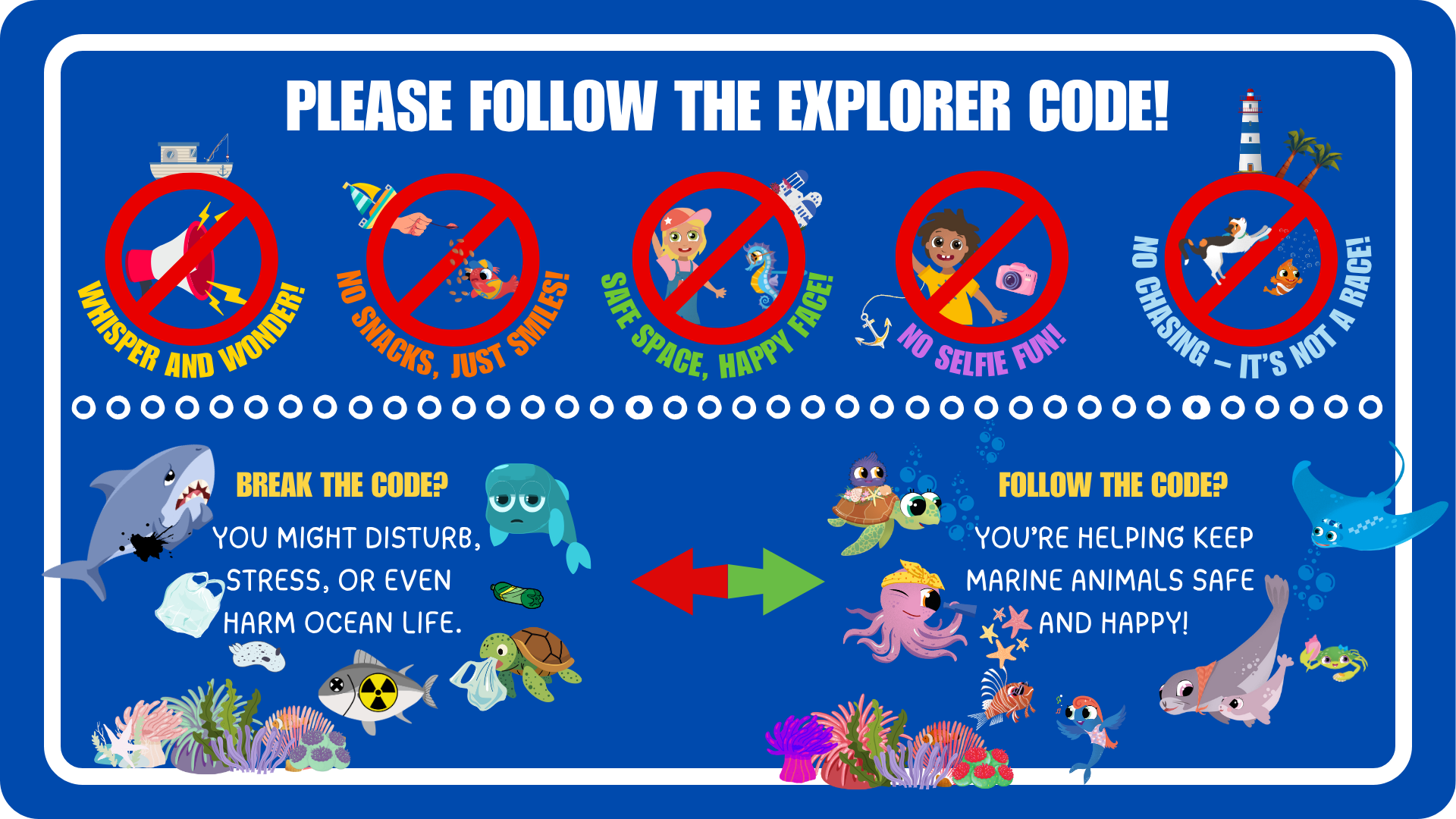
Keep Your Distance
Here’s a handy guide:
- Stay at least 100 metres away from whales
- Stay at least 50 metres from dolphins, porpoises, seals, sea lions, and turtles
Even if we mean no harm, our presence can cause big problems:
- Baby animals can get separated from their mums
- Animals might skip feeding or breeding
- Tired animals lose precious energy trying to escape
- Some might even stop having babies if they feel unsafe
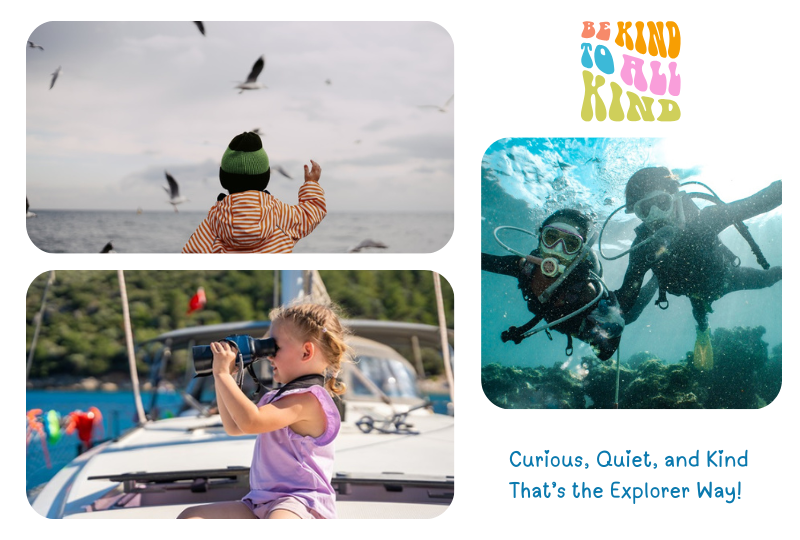
How to Tell If You’re Too Close
Animals will often give you clues, like:
- Whales slapping their tails or changing direction fast
- Seals looking at you all at once, barking loudly, or rushing into the sea
- Turtles abandoning their nests or swimming away quickly
If you notice this, it’s time to calmly back away.
Pets & Wildlife?
Cute as they are, dogs and other pets should stay leashed near marine life. A barking pup can frighten seals or even spread illness.
Boats and Wildlife: Do It Right
If you're on a boat:
- Watch animals for no more than 30 minutes
- Never chase or circle them
- Be cautious when turning, always steering smoothly from behind or to the side.
- Avoid separating mothers from their babies
- Keep an eye out for bubbly patches: they mean a whale might be about to surface!
Turtle Time Tips
Spotting a turtle is magical! But DON'T:
- Get closer than 50 metres
- Shine light on them
- Leave rubbish or dig holes: turtles need clear paths for nesting
Seals and Sea Lions on Land
They need peace and quiet:
- Stay hidden and quiet
- Don’t touch or take selfies
- Don’t feed them. EVER!
- If you see a baby seal alone, don’t worry! Mum is nearby hunting and will be back soon.
Watching From Above? Be Smart With Drones
Even drones need to give animals space. Keep them high and far away, because loud buzzing can stress them out.
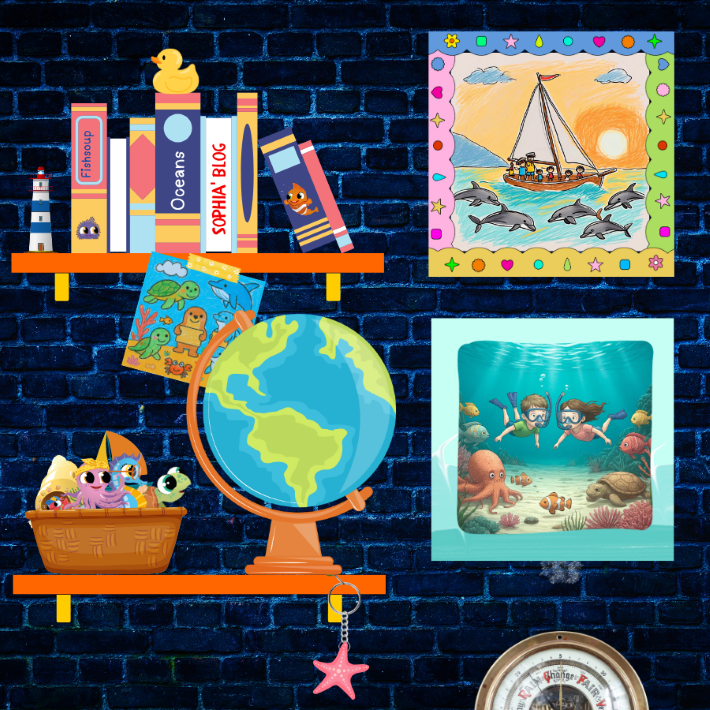
![]()
Fin-tastic Activities to Become Ocean Guardians!
🔥Marine Wildlife Helper Poster: Design a colourful poster with the key rules for observing marine life. You can draw pictures of the animals and the right way to watch them safely. Hang it up at home or at school to remind everyone! We’d love to see your wildlife poster or story, ask a grown-up to send it in.
🔥Connecting with the Ocean Story: Write a short story or draw a comic about a marine animal and how human actions (both good and bad) can affect it. This will help you think about things from their perspective.
🔥Plastic-Free Challenge: For a week, try to reduce your use of plastic as much as possible. Keep a count of how many single-use plastic items you avoid. Make a competition with your classmates.
🔥 Research a Local Marine Animal: Pick a specific marine animal that lives in the waters near you, or if you are far from the sea any animal that lives in freshwaters, or just one you really like. Find out more about its life, its challenges, and how we can help protect it. Share your findings with your class or family!
Tiny actions make tidal waves: Let's protect the sea, one kind choice at a time!
Sophia the Seahorse
